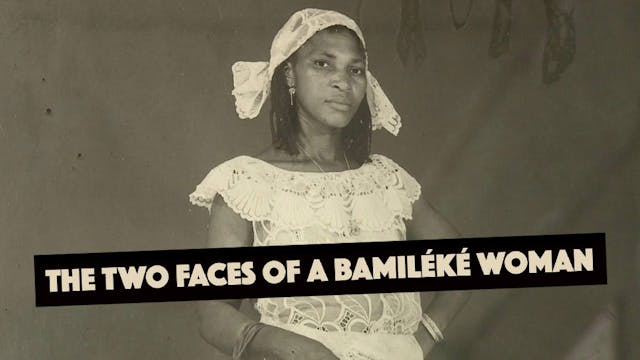Last Grave at Dimbaza
African Directors
•
53m
Directed by Chris Curling and Pascoe Macfarlane • Documentary • 1974 • 55 minutes
In 1969, a small group of South African exiles and British film students formed Morena Films in London to produce films about apartheid. By 1974, they produced one of the first, and certainly the most influential, films about it. LAST GRAVE AT DIMBAZA - shot clandestinely in South Africa and smuggled out of the country - had an enormous impact on global opinion at a critical moment in the struggle against apartheid, revealing to worldwide audiences the shocking inequalities between whites and blacks in South Africa. It went on to win major awards at many international film festivals. The streaming version was encoded from a newly restored digital master. This documentary exposé is now a rare, primary visual resource, a portrait of a time and place that was largely unrecorded by photographs or film. It combines scenes of everyday life in South Africa with statements from political leaders that characterize the government's blatantly racist policies. Filmed throughout South Africa, from Capetown to Johannesburg, as well as in the surrounding black townships and the desolate bantustans, LAST GRAVE AT DIMBAZA visually portrays the stark contrasts between living and working conditions for the majority populace of 18 million blacks and the 4 million whites who rule over them. In addition to revealing the migratory labor system, which separates black families for most of the year, and a repressive passbook policy to control black workers' movements, the film examines the gross inequities in such areas as housing, education, health care, industry, and agriculture. By combining its clandestinely-photographed scenes of everyday life with relevant statements from National Party leaders such as B.J. Vorster that characterize the government's unabashedly racist policies, LAST GRAVE...
Up Next in African Directors
-
Thank You for the Rain
Directed by Julia Dahr and Kisilu Musya • Documentary • 2017 • 87 minutes
Five years ago Kisilu, a Kenyan farmer, started to use his camera to capture the life of his family, his village and the damages of climate change. When a violent storm throws him and a Norwegian filmmaker together we see ...
-
The Two Faces of a Bamileke Woman
Directed by Rosine Mbakam • Documentary • 2016 • 76 minutes
Rosine Mbakam left Cameroon at 27 to live in Belgium. Seven years later—having studied film and married a European—she returns to make what she calls a journey into darkness—to the village of her birth, and later to the capital city of ...



